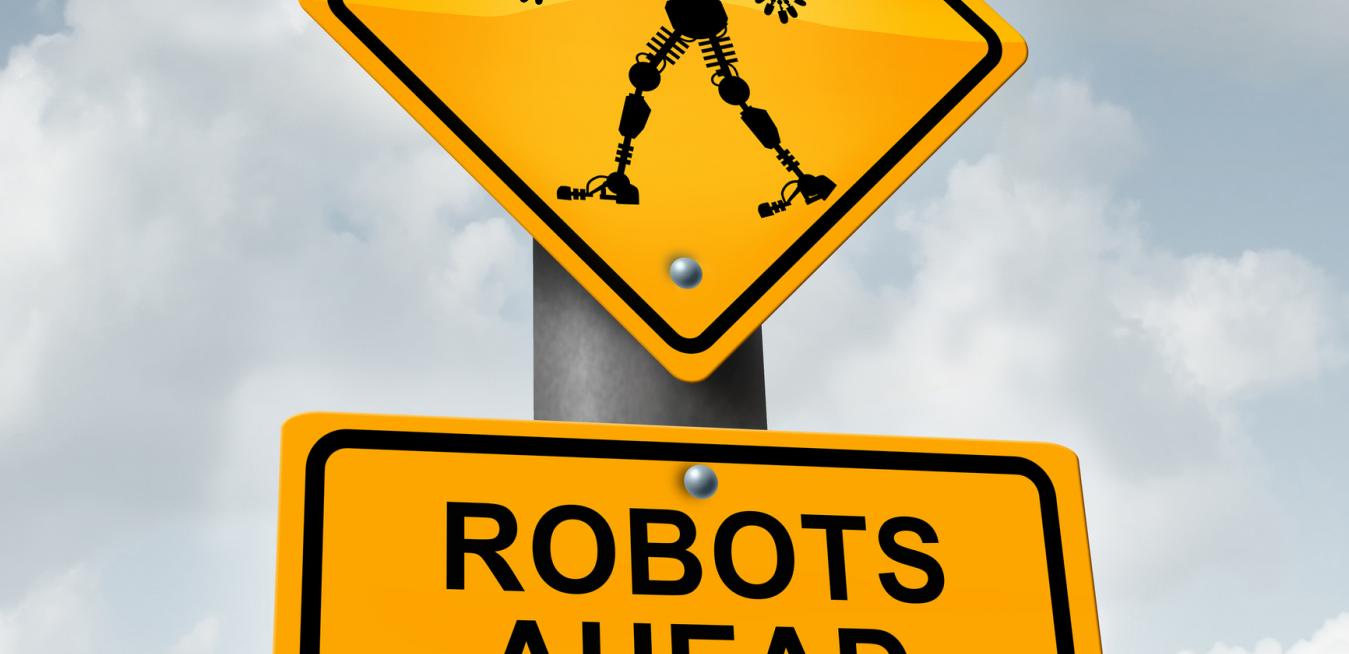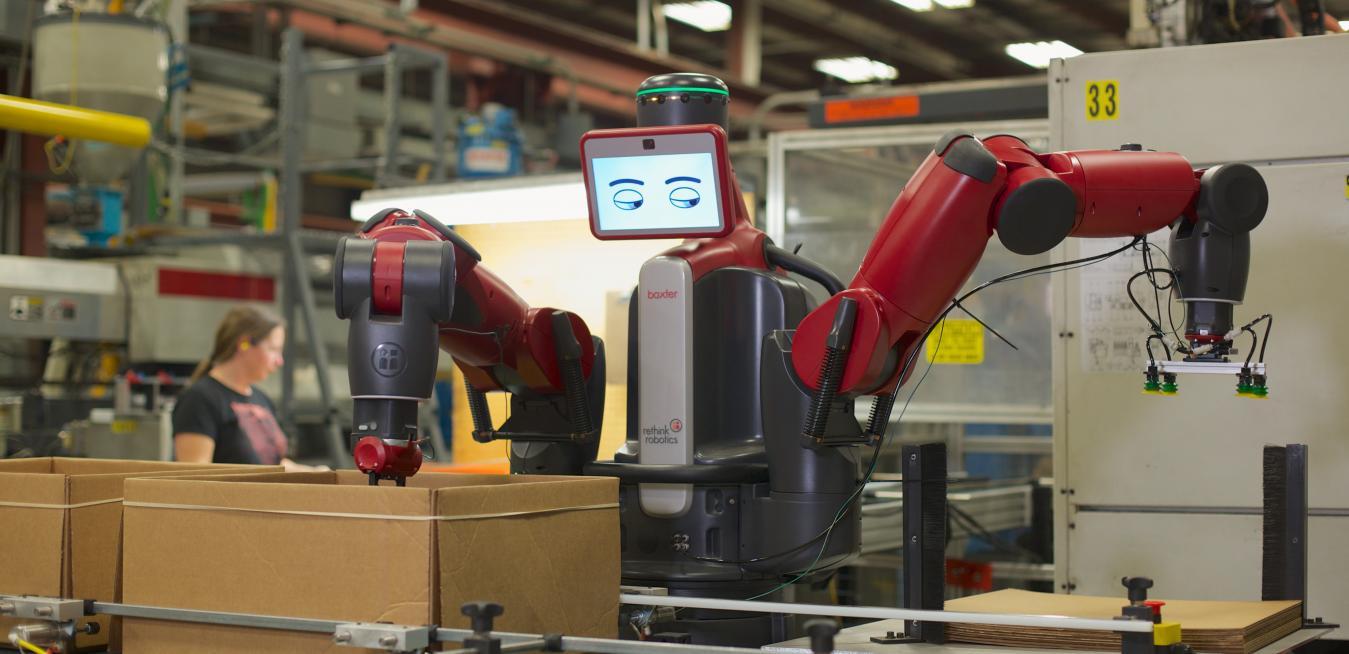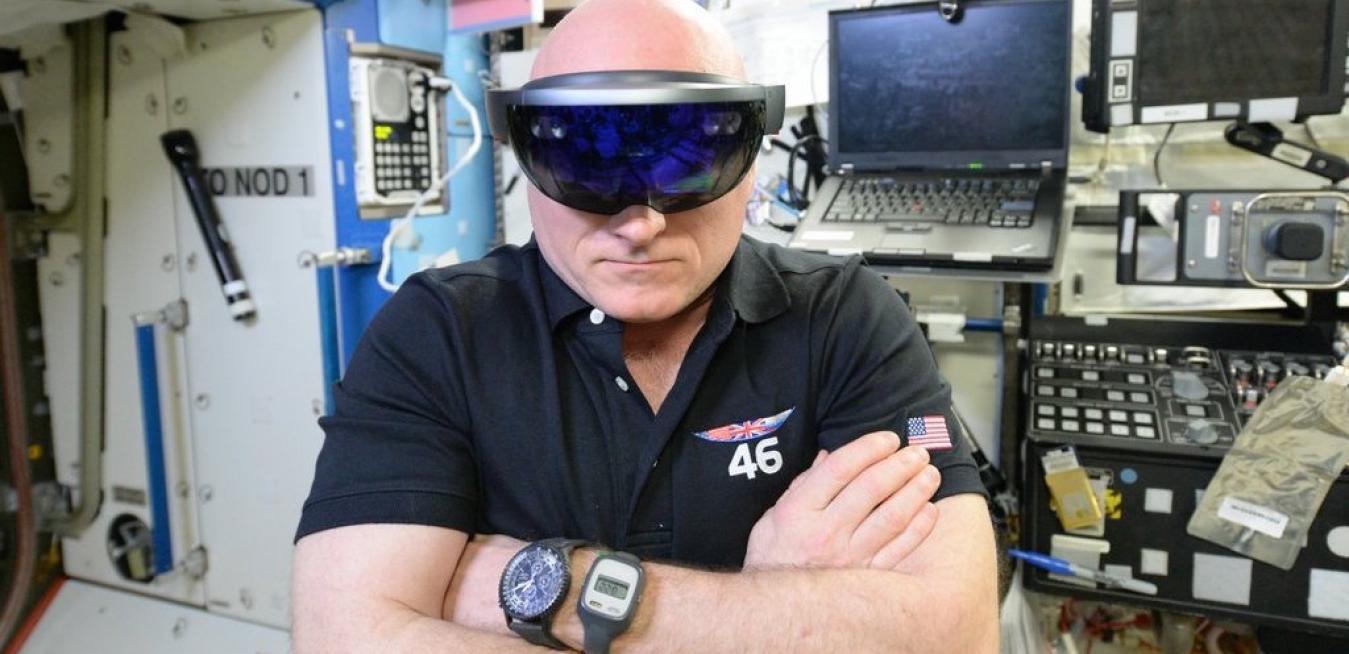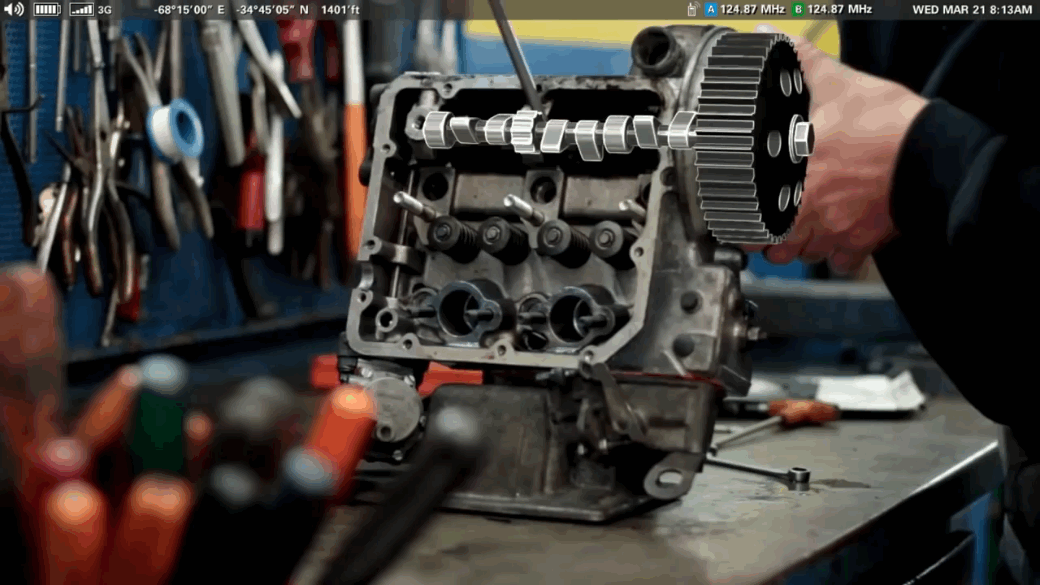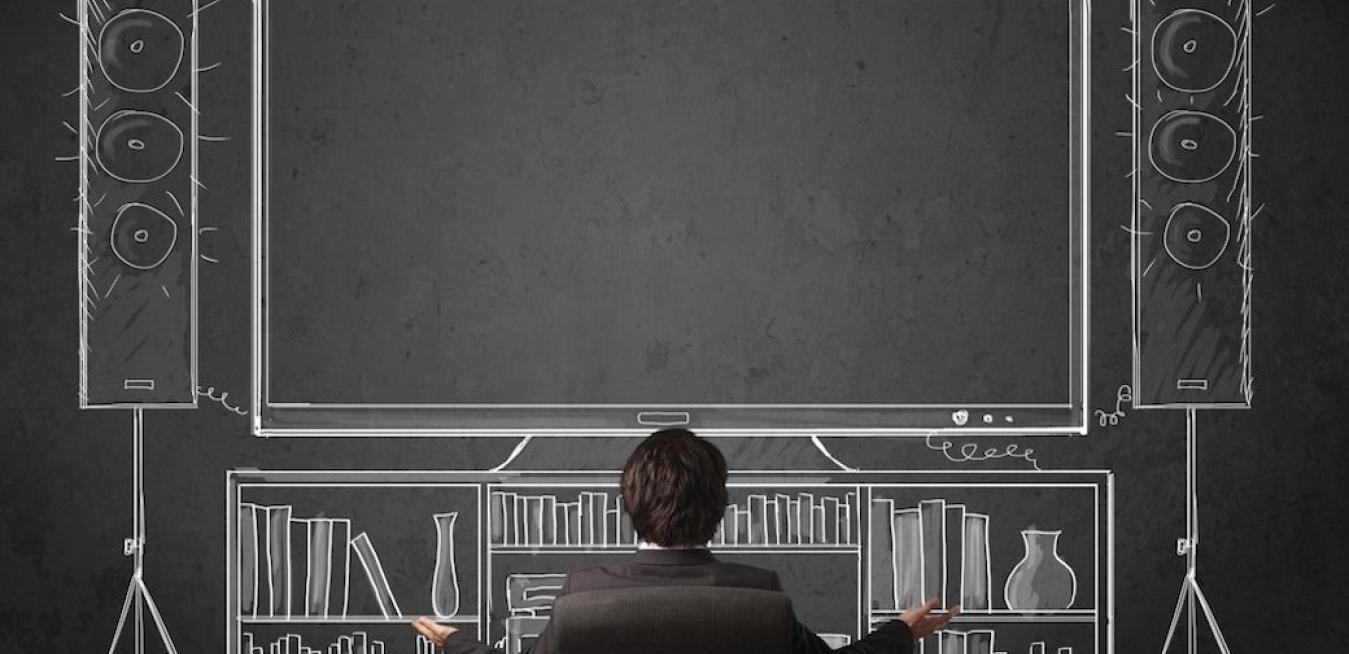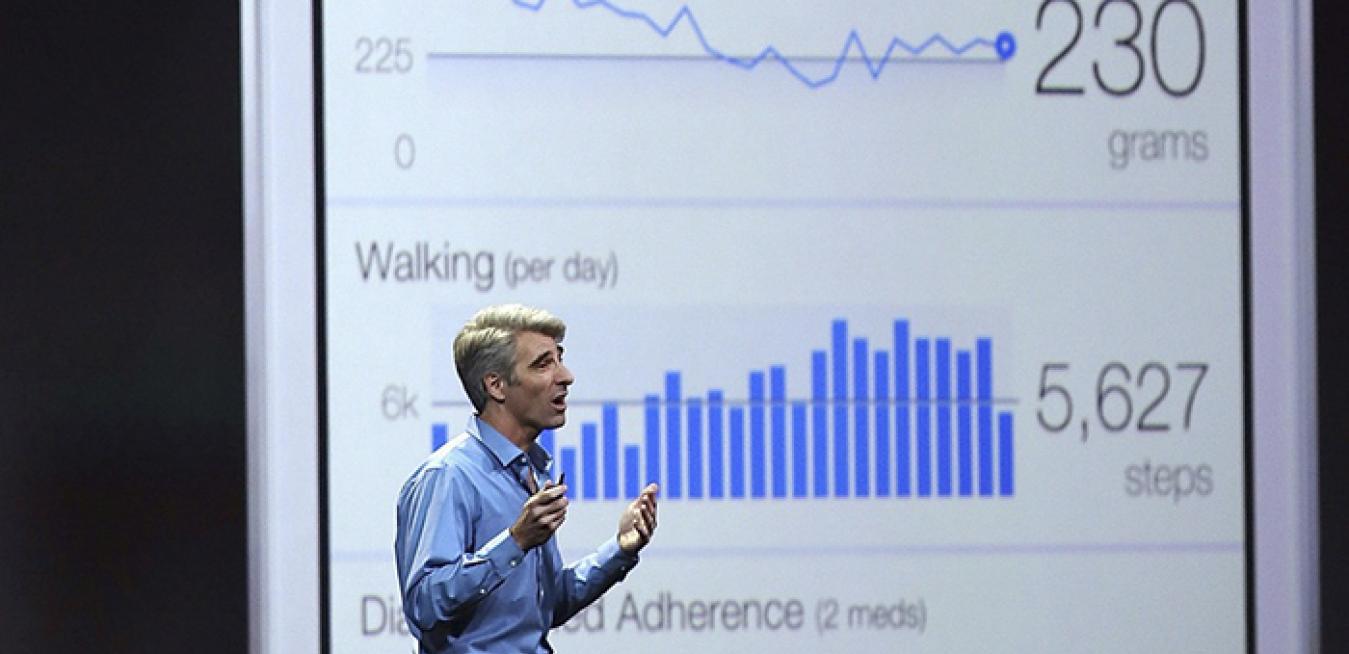Artificial Intelligence has the potential to improve the quality of life of customers, employers and employees. But first, companies -- big and small -- need to make AI work for them for the long haul.
Artificial Intelligence will make society smarter, leaner and more efficient. But first, startups and businesses must enable the workforce of the future and pivot business models to incorporate AI.
From electric vehicles on the ground to rockets in space, a range of industries are already benefitting from advanced manufacturing — innovative technologies and processes that are set to transform nearly every sector.
Imagine a world of full of machines manufacturing anything we desire on-demand, where robots attend to workers’ every need. Welcome to the future of advanced manufacturing — a hybrid of technologies and processes that manufactures goods through the use of innovative technologies.
We are just scratching the surface of virtual reality. From doctors to auto technicians to astronauts, here are some ways VR technology is helping to reimagine the future of work.
Over time, ideas change and innovation takes us to new, unexplored territories that unleash the kind of creativity that creates new dynamic businesses and reimagines old ones. Today, we are potentially on the cusp of such a change — driven by virtual reality (VR).
In an always on, always learning society, companies that embrace the Industrial Internet will be more intelligent and efficient.
The exponential growth of data from connected devices has the potential to create a society that is always on and always learning. Interconnectedness is also poised to transform entire industries, as companies harness the Industrial Internet to gain unprecedented efficiencies.
Smart gloves and glasses, in tandem with the Industrial Internet, hold the potential to transform how workers interact with machines.
Yes and No.
Yes, because consumers could conclude false assumptions based on health data that they don’t fully comprehend.
